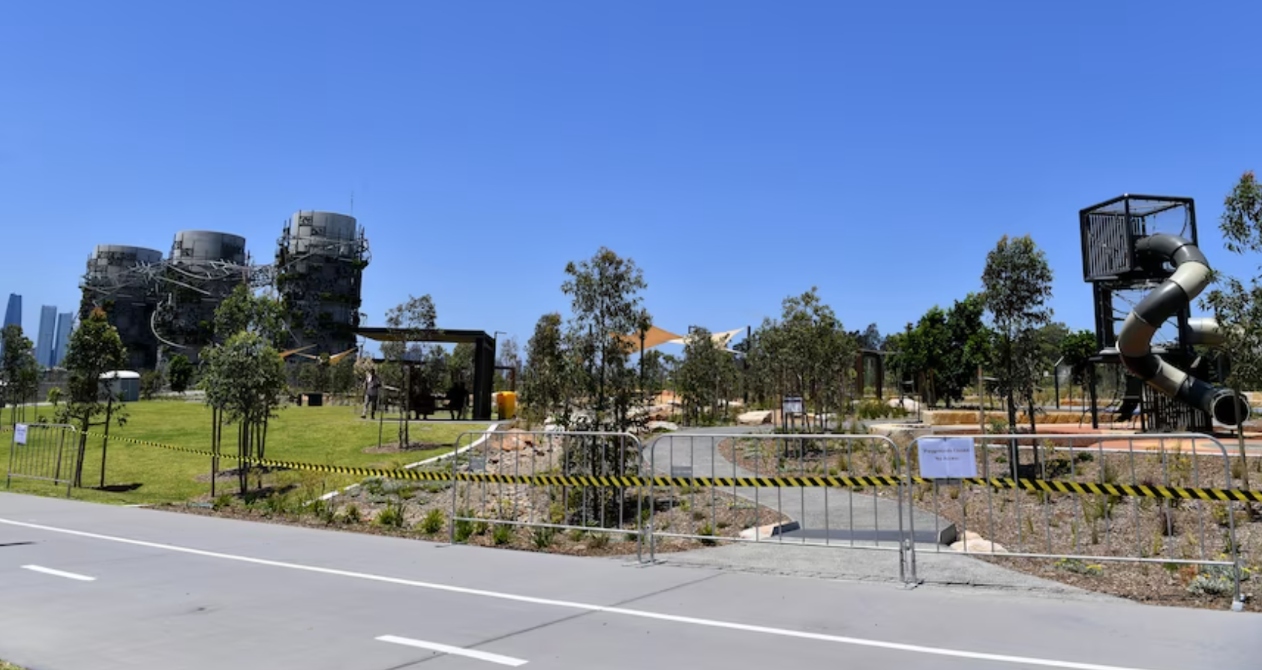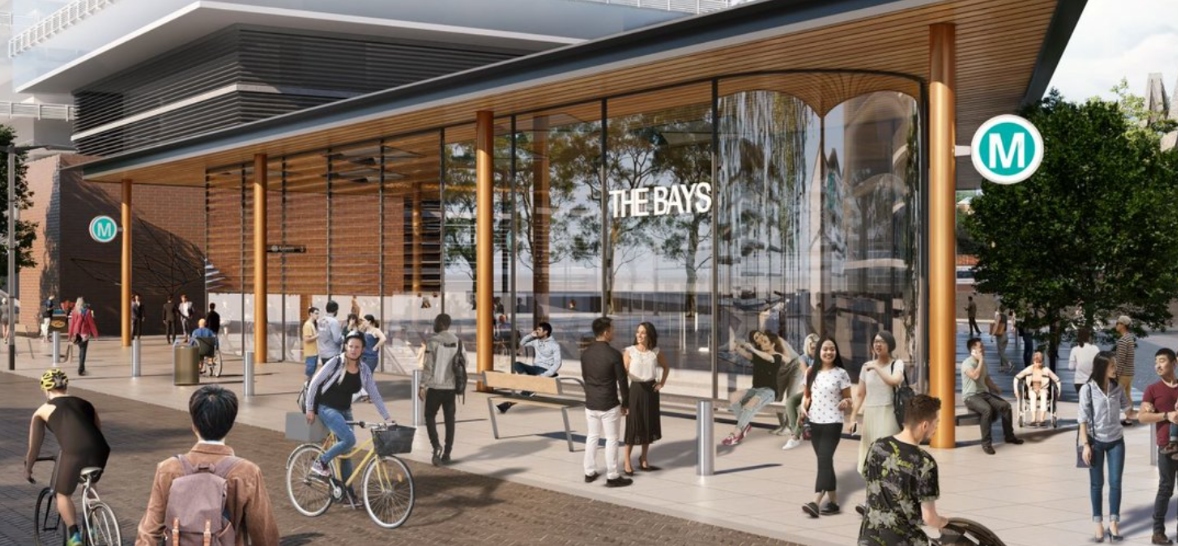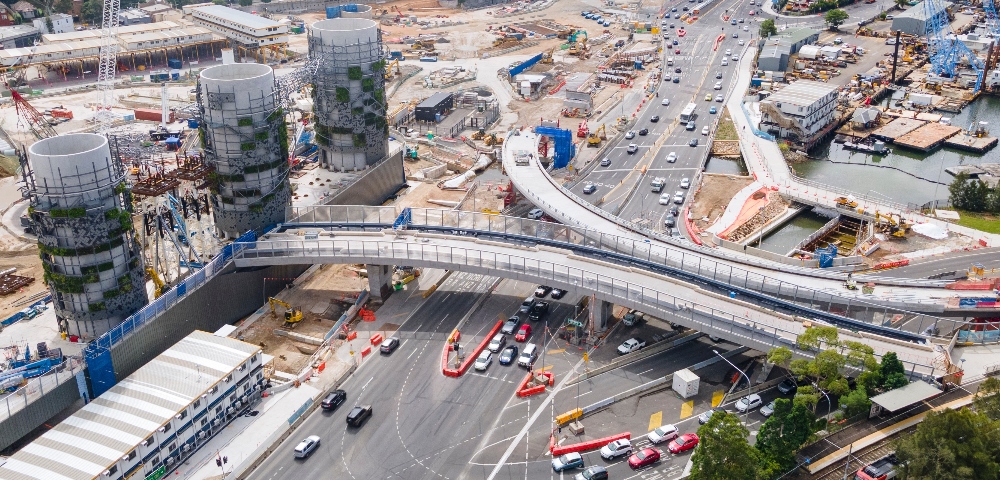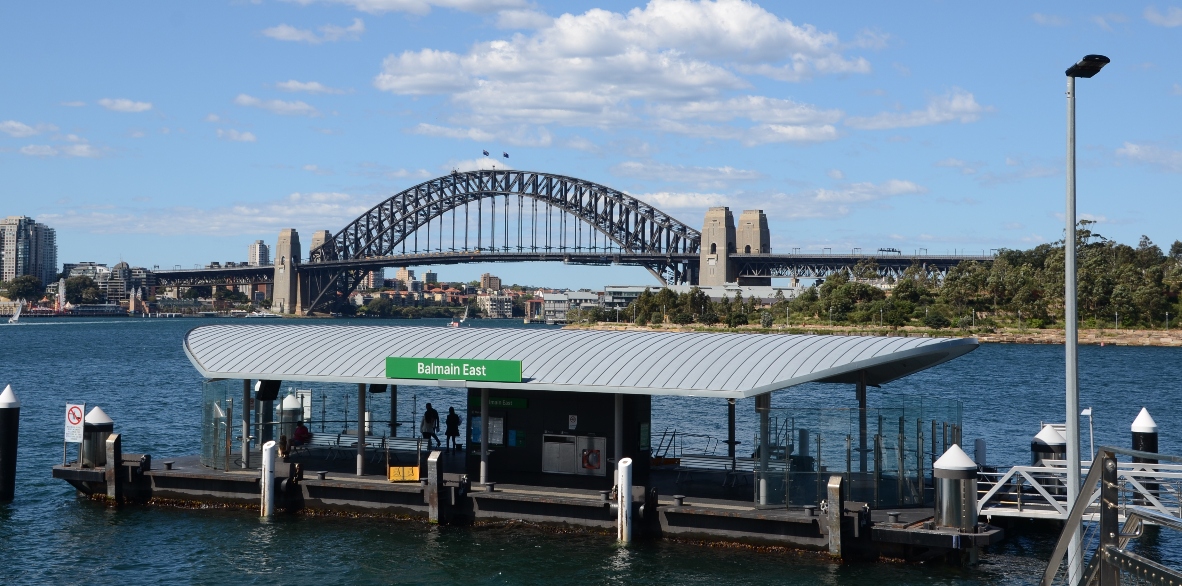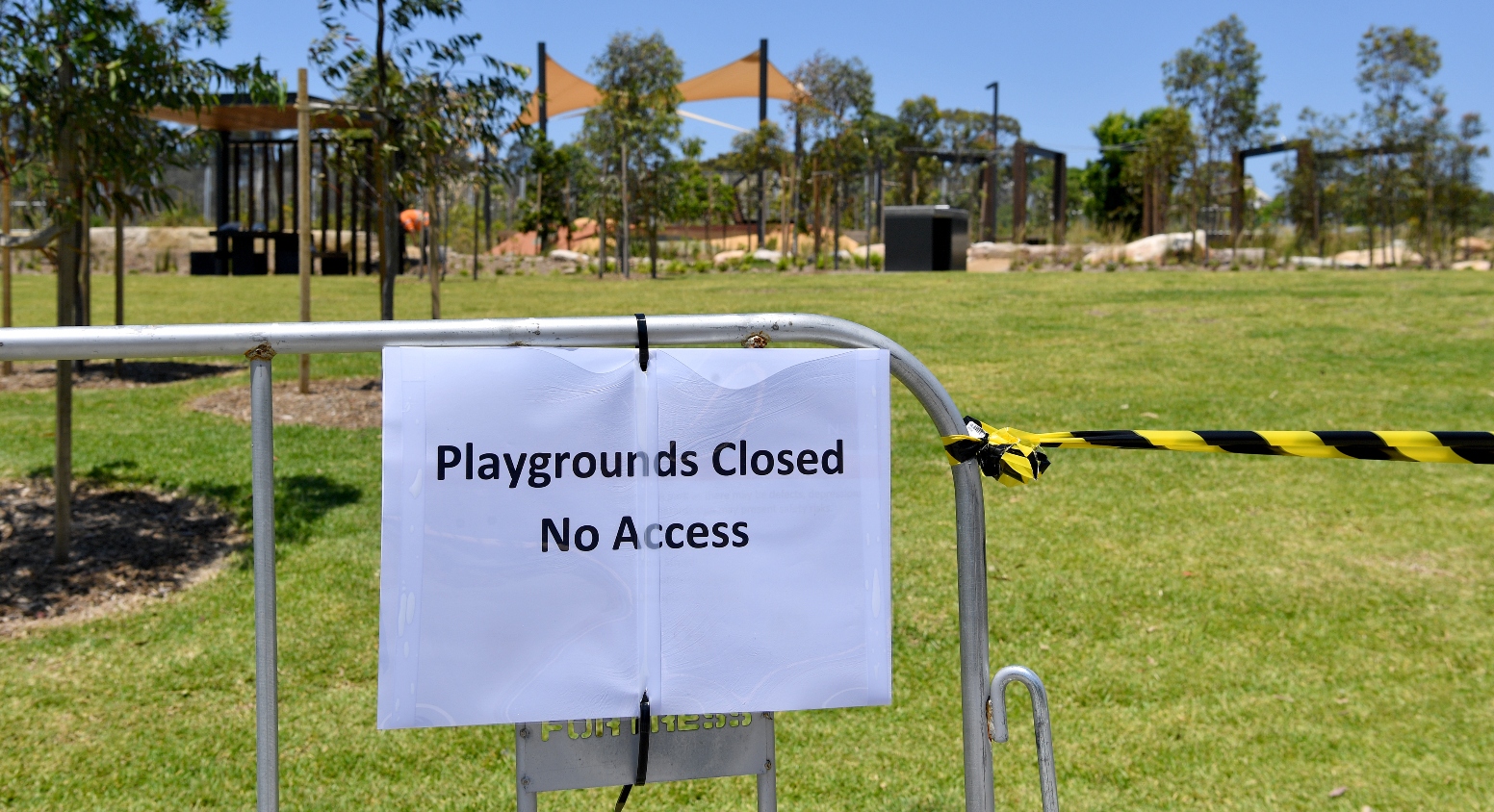
Rate rise to address infrastructure gap

There may be a special rise in Council rates to fund vital infrastructure as a result of State Government cost shifting, Leichhardt Mayor Darcy Byrne has said.
A public meeting on October 12 will form part of the community consultation process Council is obliged to undertake before applying to the regulator for a “special rate variation”.
Council has cited two options. It says a 0.7 per cent hike over seven years (on top of the annual increase) would raise $16.3 million and see current infrastructure maintained. A 2.06 per cent premium would raise $49.8 million over seven years and allow for improvements to roads, footpaths and park furniture.
Rate rises are capped by the Independent Pricing and Regulatory Tribunal. For the 2013/14 year, the maximum permissible increase was 3.4 per cent, and the peg for 2014/15 is expected to be announced in December. But councils can apply for permission to exceed the peg.
If the 3.4 per cent peg is maintained, the options being considered by Leichhardt Council would see residents’ rates rise by 4.1 per cent or 5.46 per cent for seven years. That is the maximum period of time a council can be granted a special variation.
Mr Byrne blamed the State Government for creating a black hole by reducing funding for services.
“The State Government is shifting ever greater responsibility on to ratepayers for funding things that were previously State Government responsibilities,” he said.
Key examples include local libraries, for which Macquarie St used to provide 50 per cent of the funding, and now only provide about 5 per cent. Council has previously calculated its operational costs for libraries at $2.2 million per annum. It says it now faces an annual shortfall of $1 million, because the State Government has refused to increase its funding in line with inflation for almost 20 years.
“I’m not going to stand by and watch the doors being shut on local kids and parents who need library services for kids’ educational development,” Mr Byrne said.
“We’ve made this argument continually to the State Government, including over the last 12 months, and they seem uncaring about the impact that this is having.”
Mr Byrne said he was “totally agnostic” about the solution, but emphasised that there is a problem.
“The difficulty is if we don’t address the infrastructure gap – the money we need to be investing that we are currently not – the problem doesn’t disappear,” he said.
“In 10 or 15 years’ time it actually costs us a lot more to repair or replace roads that have become a huge liability.”
The consultation process around a rate rise was approved by a unanimous vote of Leichhardt Council. But Liberal Councillor John Jobling told the Inner West Independent he was “very, very hesitant about it”.
“I’m not sold on the idea,” he said. “The [financial] situation in Leichhardt is probably toward the better quartile of most councils.”
Mr Jobling said Leichhardt Council had probably not undertaken due prudence to ensure financial waste had been eliminated.
IPART considers such matters as part of the deliberation process before approving a special rate variation.
Mr Jobling said one of the first questions the regulator should ask is around the council’s level of uncollected rates, which he says is “very, very high”.
He revealed estimates from a recent meeting of the Audit and Risk Committee show as much as 7 per cent of Council’s rates are uncollected. While some part could be explained by elderly or financially distressed residents who had deferred their payment, Mr Jobling said the rate was significantly higher than the average of around 4 to 4.5 per cent.
A check of IPART’s recent decision history shows it rarely rejects applications for modest variations. It approved 20 of 23 applications for the 2013/14 financial year, including a request for a rate rise of 25 per cent.
Residents are not required to agree to or vote on any proposal. Council needs to demonstrate to IPART that it has engaged with the community on its financial position, service delivery and expenditure priorities, and the community’s capacity and willingness to pay a higher rate.




